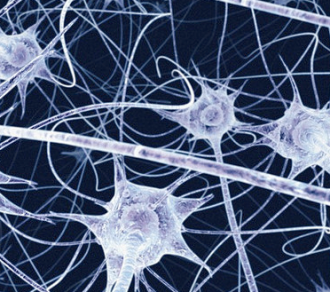Discovery shows flip flopping brain cells possible
 Washington, Jan 21: A new discovery shows that flip flopping brain cells or converting one type into another may now be possible, which could pave the way for improved therapies in neurodegenerative diseases.
Washington, Jan 21: A new discovery shows that flip flopping brain cells or converting one type into another may now be possible, which could pave the way for improved therapies in neurodegenerative diseases.
The discovery "tells you that maybe the brain is not as immutable as we always thought because at least during an early window of time one can reprogram the identity of one neuronal class into another," says study co-author Paola Arlotta.
Arlotta, an associate professor of regenerative biology at Harvard University, co-authored the study with colleague Caroline Rouaux.
Arlotta targeted callosal projection neurons, which connect the two brain hemispheres, and turned them into neurons similar to corticospinal motor neurons, one of two populations of brain cells destroyed in Lou Gehrig's disease, the journal Nature Cell Biology reports.
To achieve such reprogramming of neuronal identity, the researchers used a transcription factor called Fezf2, which long has been known for playing a central role in the development of corticospinal neurons in the embryo, according to a Harvard statement.
What makes the finding even more significant is that the work was done in the brains of living mice, rather than in collections of cells in lab dishes.
The mice were young, so researchers still do not know if neuronal reprogramming will be possible in older lab animals - and humans. If it is possible, this has enormous implications for the treatment of neurodegenerative diseases. (IANS)